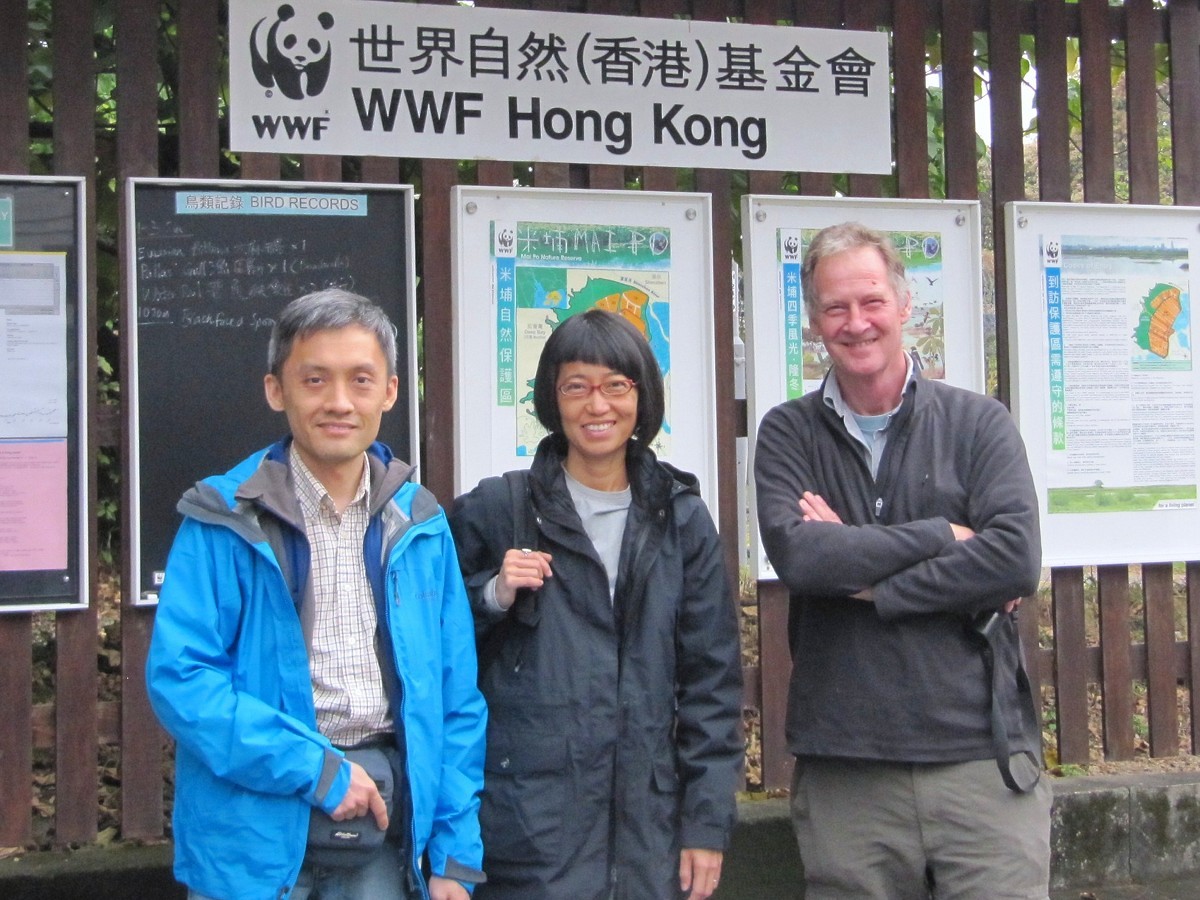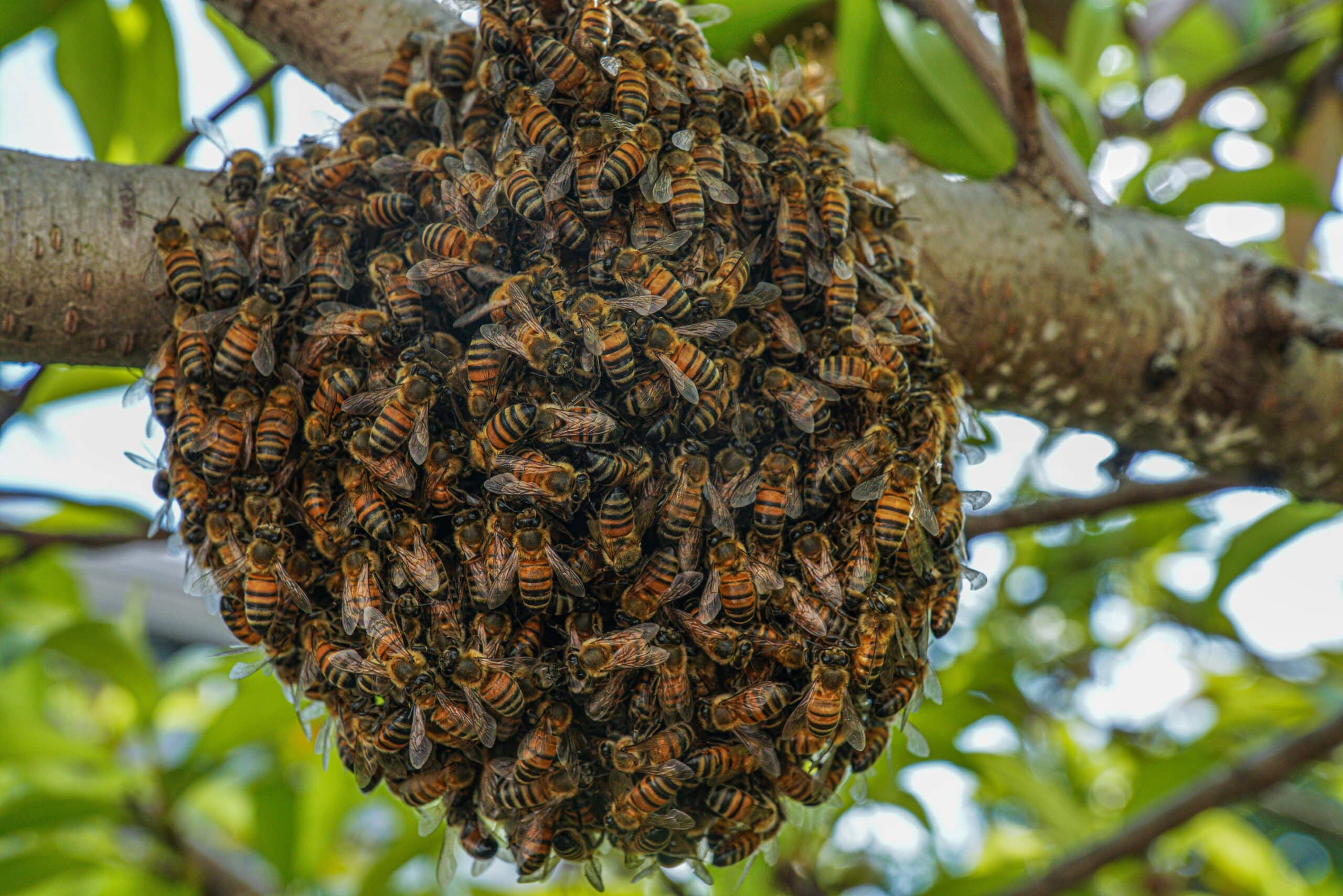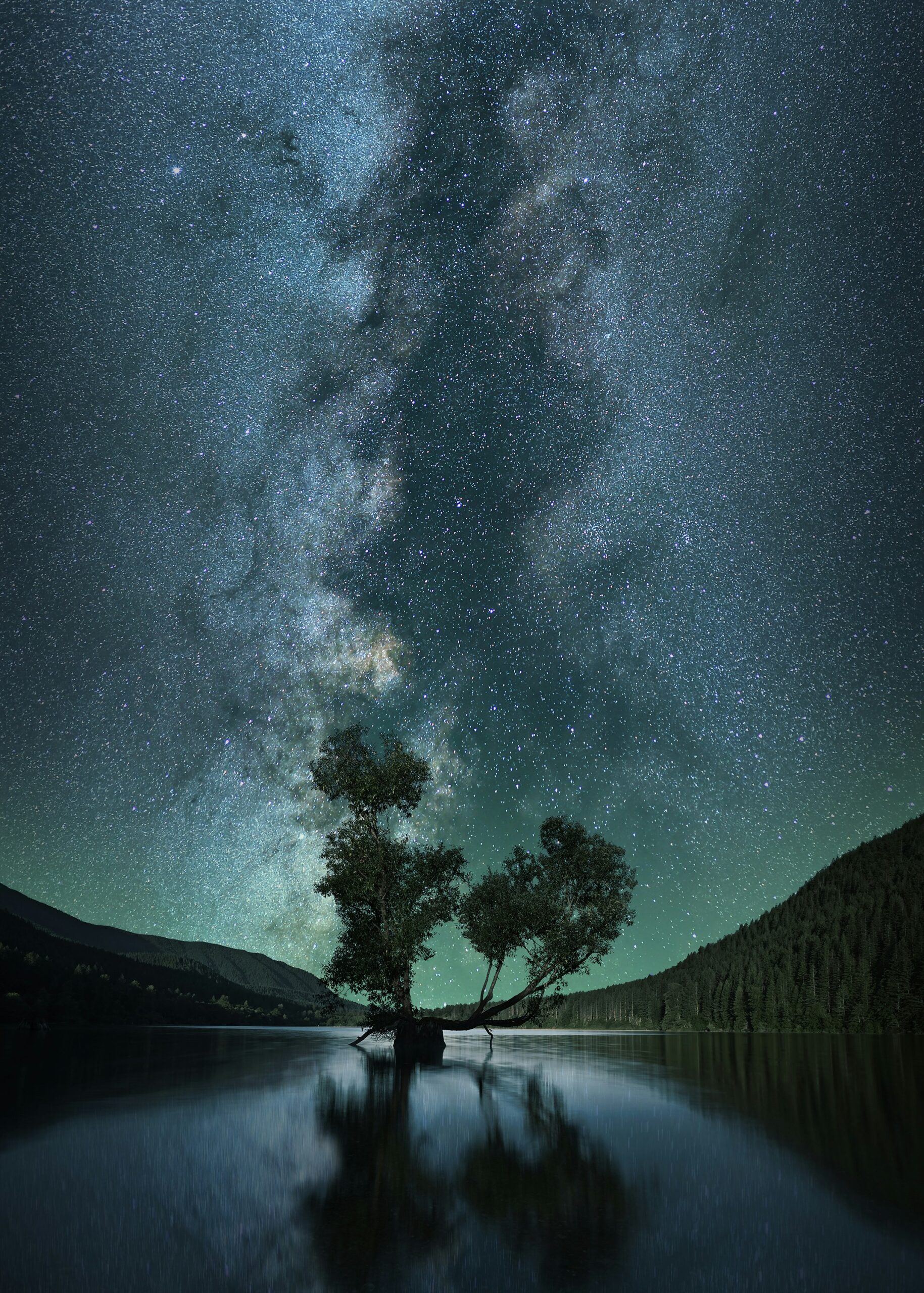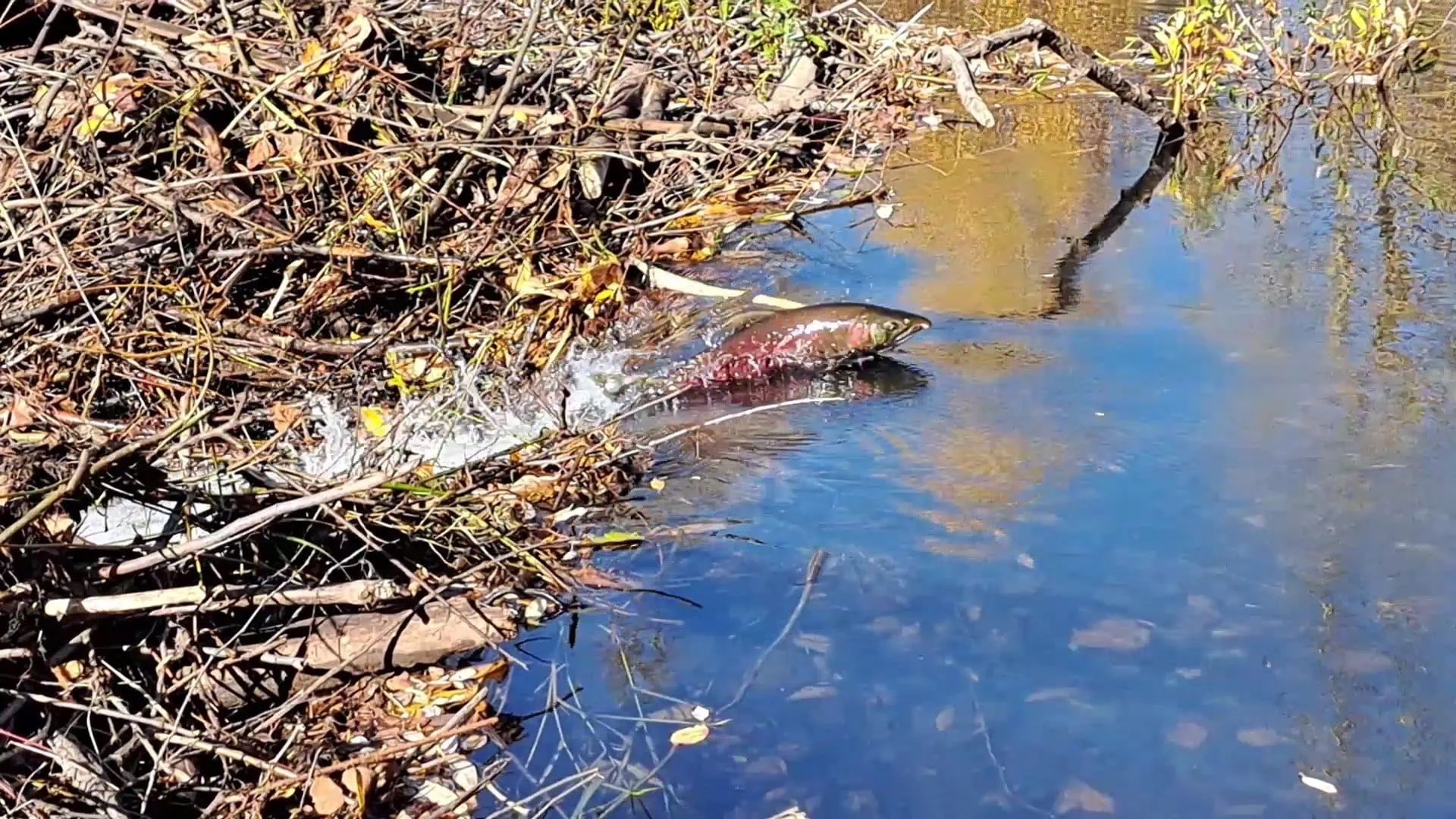Conservation for life
A Rocha continues to put down roots in Asia and I’m just back from Hong Kong. It was an encouraging trip for all our small team from the region, but I was also able to fulfil a long-held dream when I finally got to visit Mai Po. This important wetland is now one of the very few remaining on the south China coast and it still sustains migrating and wintering shorebirds in their thousands. In fact, one theory holds that the numbers are actually increasing because other places where birds can feed and roost undisturbed are disappearing so fast.

The A Rocha team at Mai Po
So this visiting birder was entranced, not only by clouds of birds at the high-tide roost, or even by seeing two hundred and fifty Black-faced Spoonbills – a quarter of the world’s remaining population – but by the highly efficient local WWF team and their organization of visits to such a sensitive site. I was even able to hang out with the local ringing group for a while, which is a particularly esoteric pleasure for someone like me who enjoys gossip about moult strategies in wintering warblers and the optimum length of net rides. But as I imagine that rules out most of my readers here, I will get to the point.
Which is that no matter how special, or even beautiful, the iconic sites like Mai Po are, conservation has got to go mainstream unless we are to lose most of life on earth. Unless working for a sustainable earth is the lens through which everyone sees their interactions with the creation, environmental projects carried out by specialists will be a futile endeavour. Hong Kong itself gives us a clear example. Over the last fifty years the landscape has undergone an incredibly rapid transformation and high-rise buildings now cover most of the flatter land. Even so, thanks to the many steep hillsides and their water catchments, over 40% of the land area is formally protected and forests and woodland have re-covered many of the bare hills that were the landscape of the early 20th century. Yet, despite this impressive conservation effort, it is hard to escape the sense that there is a binary perspective about “the environment” that has determined all you see. In one part of the landscape it is all about the economy, and it feels as though everything ecological, let alone human, is now squeezed to the very margins. On the hills and in one or two other areas towards the fringes you find “nature”.
The only problem is that economies running on purely financial measures translate widely into poor air quality, polluted soil and water, food of uncertain quality for human health, even a changing climate that puts entire eco-systems under extreme strain. Furthermore, isolated islands of nature struggle to keep their ecological viability when surrounded by impenetrable barriers of urban sprawl. Hong Kong is home to international banking and business – but while bankers and business people may appreciate nature for leisure, it needs to be central to their professional calculations too unless we are all to live in a severely impoverished and certainly much more fragile world. Mono-cultures are not robust, and to diminish bio-diversity is to incur a huge risk. The IUCN Red List estimates that we are likely to lose upwards of a quarter of the species on earth in the next fifty years. As that will even be a threat to financial profit, we can only hope that more joined-up thinking will take hold of business imagination, even in places like Hong Kong, London or New York. If not, we had better get used to the idea of Mai Po as a zoo, rather than a reserve.
Would you like to hear Peter more? Please visit our audio resources section.
We are happy for our blogs to be used by third parties on condition that the author is cited and A Rocha International, arocha.org, is credited as the original source. We would be grateful if you could let us know if you have used our material, by emailing [email protected].




Great write, Peter; a stark eye-opener for me. “The numbers [at Mai Po] are actually increasing because other places where birds can feed and roost undisturbed are disappearing so fast” — and so we conform nature to our dualism, by wiping out mostly everything in places we live in, and forcing wildlife to live in “the wild”, to where we travel to see it. Very sad; over to us to try and reverse that.
Such dualism brings problems everywhere. An example close from home is Portugal’s protected areas, where humans feel constantly harassed by the authorities. If you live in a protected area you cannot make home improvements; whereas if you live elsewhere, it’s a free-for-all for all kinds of building outrage.
You hit the nail on the head when you said “conservation has got to go mainstream unless we are to lose most of life on earth”.
Hi Peter, I stumbled accross this blog by accident and it was so nice to read your topics – to “connect” again. Meeting up with Julio in Portugal in July was special treat for me, and so too with Bebe at Cruzinha. Such a pity that my time was just too limited. I am still busy on the “fringes” and not in mainsteam ARZA and would love to connect with you and Miranda again.
Thank you Lydia – it was my pleasure to meet with you… and real work happens at “fringes”, before they become mainstream.